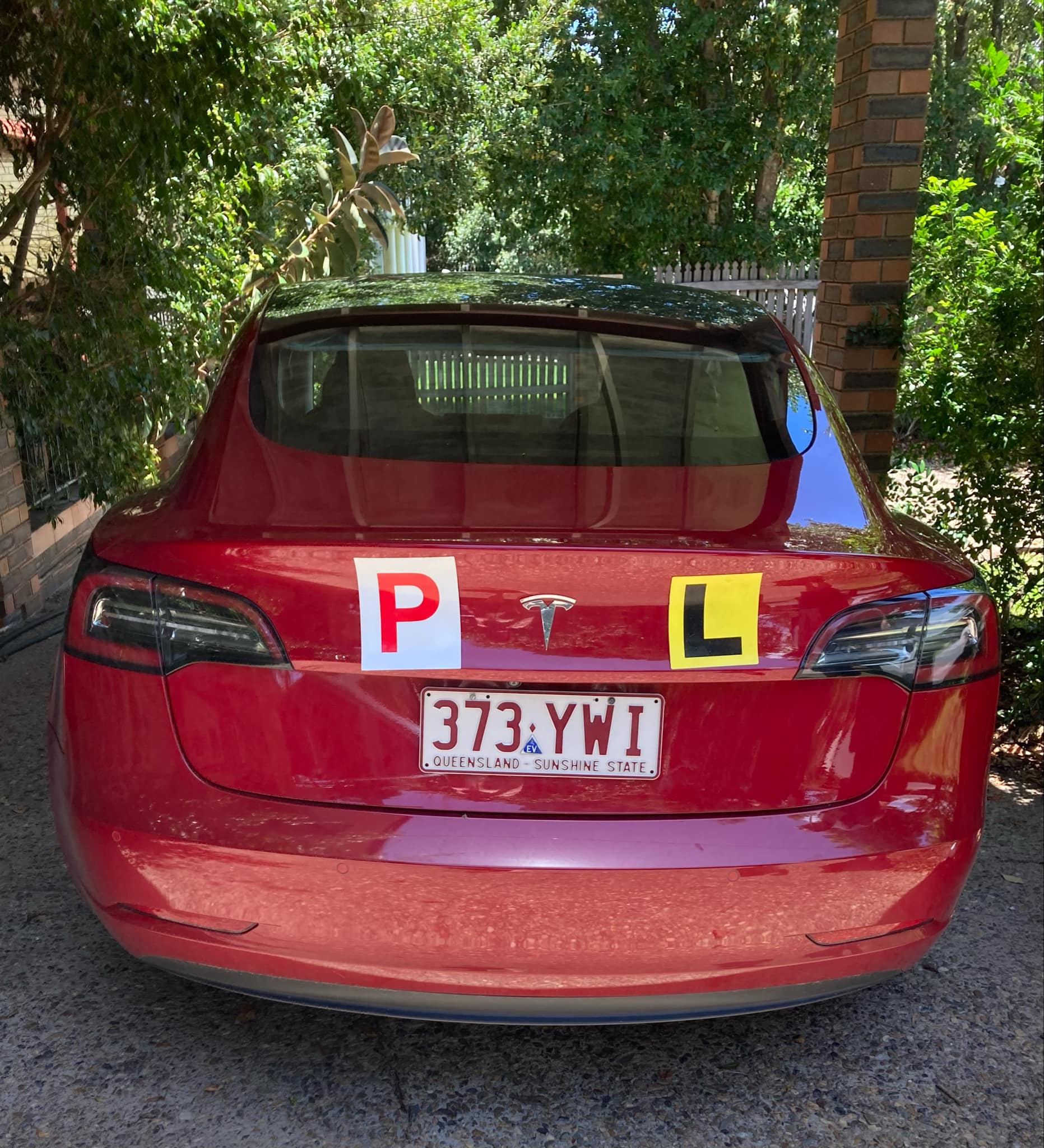Sign up for daily news updates from CleanTechnica on email. Or follow us on Google News!
We have countless great comments on articles here on CleanTechnica every day. However, sometimes a comment jumps out to me as one that should be an article itself. The following comment under an article I wrote on Friday is one of those:
“For years, legacy automakers actively attempted to put the kibosh on EVs, and they nearly succeeded. Instead of embracing EVs, they did everything they could to ensure that ICE cars remained the dominant form of transportation. It’s not a coincidence that in August of 2018, the short balance on TSLA was just over $13bn, one of the largest short positions in history. By the end of 2018, TSLA was on a skyward trajectory and gaining steam. It took a full year for automakers like gm to realize that they had squandered opportunities to be leaders in the EV market, so they did the only thing they could at the time… jump on the ‘Me Too’ wagon. The image of Arnold Horshack franticly waving his hand in Mr. Kotter’s class comes to mind. In 2020, gm had promised 20 new electric vehicles by 2023, backed by press releases, which is something that many readers on this site give her and gm a pass on.”
Indeed — there are some very good points here. This is basically the series of key points we heard from legacy automakers in the US over the past 15 years:
- Electric cars are impractical and will never be more than a sliver of the auto market. (Meanwhile, visionaries — some of our readers included — and early EV leaders like Tesla long predicted EVs would take over the market.)
- Electric cars are too expensive and the batteries are not good enough for the mass market. We will need a breakthrough in solid-state batteries for EVs to become popular.
- EV charging isn’t adequate, so people can’t rely on EVs. (Tesla, of course, built out the Supercharging network, solving this issue for the small percentage of trips that are long distance and for buyers who don’t have home or workplace charging.)
- EVs are getting longer range and more popular, but they are still too expensive.
- Oh, Tesla’s sales soared and its stock priced shot through the upper atmosphere? Oh, yeah, we’re 100% going to lead the way on EVs, too!
- We are so going to destroy Norway when it comes to EVs. [Side note: Still don’t understand what that was supposed to mean.]
- (Oh, crap, our stock price didn’t jack up from those announcements.)
- (Tesla’s sales surge is finally dying off and they’re stagnating or dropping?! Yes, now is our moment!)
- Well, unfortunately, people just don’t want EVs as much as we thought and we’re going to scale back our electric vehicle plans (and marketing).
And don’t even get me started about the hydrogen hype.
The point is that there are many in the auto industry, the oil industry, and the laggard industry who have never wanted a quick transition to electric vehicles (or any transition to electric vehicles), who felt dragged along by the enthusiasm for EVs and growth in EV sales for a while, and who now want to slow us down and drag us back again.
I think that Tesla is still critical to driving the industry forward and pushing other automakers to electrify faster, especially as long as Chinese EVs are all but banned in the US. It’s therefore all the more annoying and distressing that Elon Musk has been throwing the Tesla brand in the mud as much as he has, while also spreading nonsensical misinformation about climate change. The only plus side I see here is that if a lot of people who would have bought Teslas instead choose to buy other brands’ EVs, that could inspire them to produce and sell more EVs. Maybe.
Returning to that bullet list, what’s next? What are legacy automakers’ next moves going to be? I, somehow, haven’t actually thought about this too much, and I don’t know. Will they revive a “we’re EV leaders!” attitude and marketing campaign again? Will they mostly ignore EVs and produce and sell relatively few models for the next several months or years? Will any of them try to stand well above the crowd and go 100% electric by the next Olympics? Will they watch their overall sales shrink more and more as they become less competitive in more markets around the world (as has been happening in China)? What are your thoughts on this?
Have a tip for CleanTechnica? Want to advertise? Want to suggest a guest for our CleanTech Talk podcast? Contact us here.
Latest CleanTechnica.TV Videos
CleanTechnica uses affiliate links. See our policy here.
CleanTechnica’s Comment Policy





